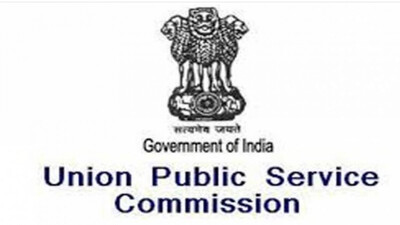Recommended Stories
Coeliac disease is an autoimmune disease caused by an immune reaction to the gluten protein found in wheat, rye and barley. It`s is currently only treatable by eliminating gluten from the diet.
The first phase of the trail, undertaken in Australia, evaluated the safety, tolerability and bioactivity of Nexvax2 vaccine over three weeks in coeliac patients on a gluten-free diet, say the scientists.
The three peptides on which the vaccine is based were identified by Dr Bob Anderson from the Walter and Eliza Hall Institute, who says that the trial has been successful and the second-phase experiment will happen within next year.
Dr Anderson said: "Nexvax2 aims to desensitize patients to the three specific peptides in gluten that we have previously identified as `toxic` to people with coeliac disease.
"Our Phase I study showed that Nexvax2 was safe to use and well tolerated, and importantly, that it had the desired biological response in patients with coeliac disease." The scientists said the vaccine, which is being further developed by US biotechnology company ImmusanT, would be suitable for treating the approximately 90 per cent of coeliac disease patients with the DQ2 genetic form of disease.
Dr Anderson said: "In our Phase I trial, we saw a Nexvax2-specific T-cell response that confirms the desired bioactivity in HLA-DQ2 genotype patients.
"We expect the vaccine to enter Phase II trials within the next 10 months, and hope to demonstrate a dramatic reduction in the body`s rejection of dietary gluten so patients can resume a normal diet and return to good health."
According to the scientists, the peptides used as part of the vaccine could also be used to improve diagnostic testing of coeliac disease.
"The results of a population study suggest that a combination of blood and genetic testing could effectively diagnose coeliac disease without these painful and invasive tests, with up to 50 per cent reduction in costs as well, which creates a win-win situation," he said.
The findings have been presented at Digestive Disease Week symposium in Chicago.












